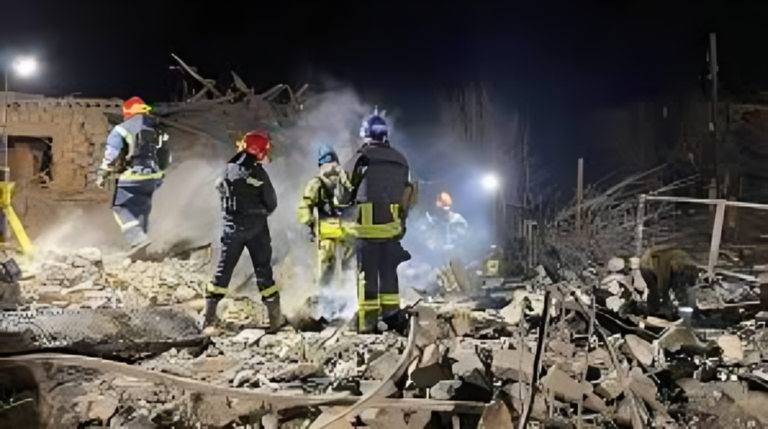Women training as medics at private institutions in Afghanistan found themselves barred from classes on Wednesday, signaling a troubling expansion of restrictions on female education.
Since the Taliban regained control three years ago, the rights of Afghan women have been systematically eroded. Access to secondary education and universities has been steadily withdrawn, along with restrictions on employment, travel without a male guardian, and entry into public spaces.
The healthcare sector had remained one of the few areas where women could still find employment. After the curbs on university education, many women turned to midwifery and nursing as pathways to professional careers.
Azra, 21, who had been attending a private medical institute in Kabul, recounted her experience. “We went to our classes, but about an hour later, teachers came and said we must leave before the Taliban arrives and forces us out. My dream of becoming a health professional is being taken from me, and I feel powerless,” she shared.
Having graduated high school three years ago, Azra initially enrolled in law studies at a private university. However, the Taliban’s imposition of a ban on women’s higher education halted her progress. Determined to pursue a career in healthcare, she enrolled in the medical institute just two and a half months ago. “This was my last hope for higher education,” she lamented. “I wish I hadn’t started at all.”
While no official statement regarding the ban on nursing courses for women has been issued by the Taliban, several medical institutes communicated to students and faculty that the Ministry of Public Health had ordered the suspension of classes for women “until further notice.” The Afghan Ministry of Public Health did not respond to requests for comment.
Laila, 28, who had completed eight semesters of medical studies before the Taliban’s restrictions, was in the midst of a two-year midwifery course. The ban came just as she was about to finish her first year. “Two days ago, we received a voice message from the institute director stating that the Ministry of Public Health suspended all private and public medical institutes,” she said. “We were all very disappointed. The last door for professional education was being shut in our faces.”
This move not only impacts education but also jeopardizes Afghanistan’s fragile health system, already struggling with a shortage of women healthcare workers. Edwin Ceniza Salvador, a representative from the WHO, noted that more than 33 percent of the Afghan population lacks access to health services. He warned of the growing scarcity of female medics, stating, “With the current changes, we may soon run out of female midwives due to the disruption of the educational system.”
Dr. Wahid Faizi, a public health practitioner in Herat, emphasized the societal implications of the lack of female health workers. “Our health system is already facing a shortage of qualified female doctors, nurses, and midwives. If girls are barred from medical education, we will encounter significant challenges in the future,” he remarked.
He underscored the necessity of female medical staff in addressing the health needs of women and girls, stating, “An increasing lack of female medical professionals will have far-reaching implications for health service delivery in the country. We hope to avoid that scenario.”











+ There are no comments
Add yours